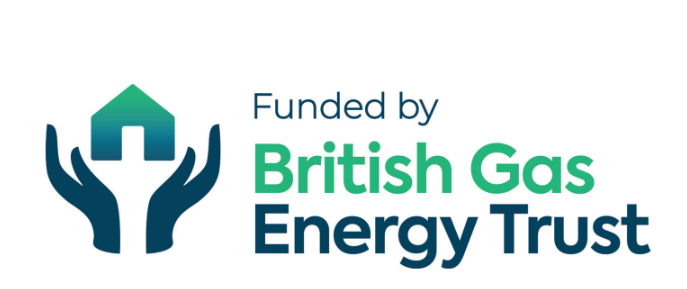Care act advocacy
The Care Act 2014 means local authorities must provide extra independent advocacy for a wide range of people.
Councils must involve people in assessments about their care and support and in planning and checking their care and support.
The Care Act says that councils must think about if a person needs independent advocacy to support them to be involved for things like:
- When they are carrying out an assessment of an adult to see what care and support they might need (an adult’s needs assessment)
- When they are carrying out an assessment to see if someone who provides care for someone else needs support (a carer’s assessment)
- When they are carrying out an assessment of a child who is becoming an adult to see what care and support they might need (a child’s needs assessment)
- When they are writing what is in an adult’s care plan or checking what is in it
- When they are carrying out a safeguarding enquiry or a safeguarding adults review
When the council is involving the person with any of these things they must think about whether the person would find it very difficult to:
- understand information about their care and support
- remember information
- use the information
- communicate their views or feelings
If the council think that a person would find it very difficult to do any of these things they must make sure that there is someone to support them.
They will look first at whether there is a family member or a friend who can help them take part. This person is called “an appropriate individual”.
If not, the council must arrange an independent advocate to support them.
Citizens Advice Sheffield Advocacy Service provide Care Act Advocacy in Sheffield.
Contact us or ask your social worker to find out more.
For more information on the Care Act see:
Care Act – Easy Read information





